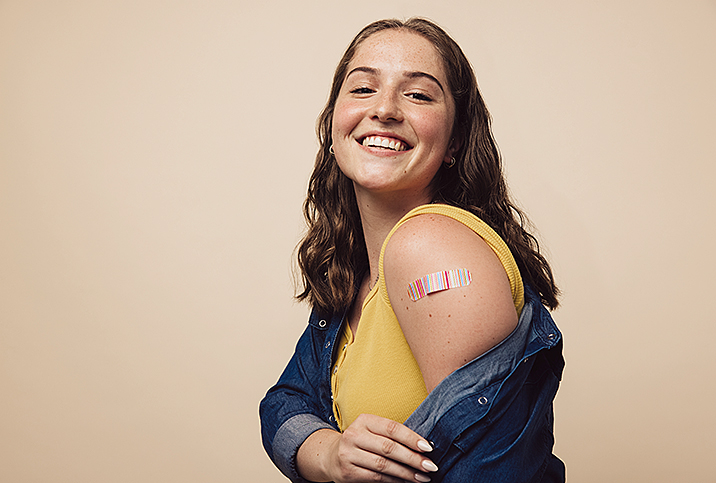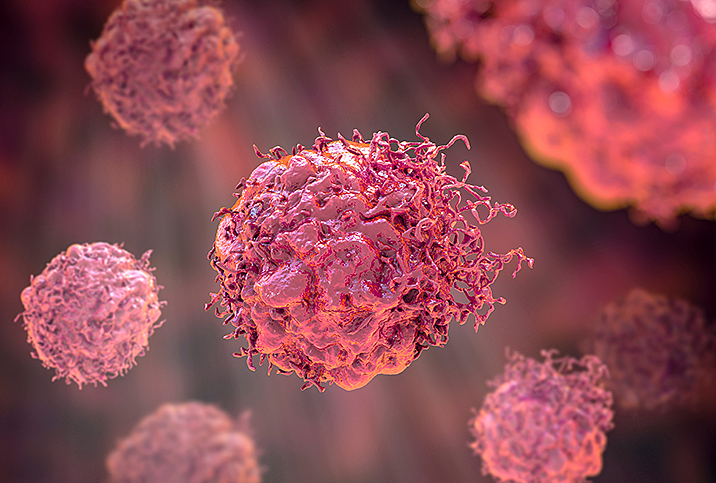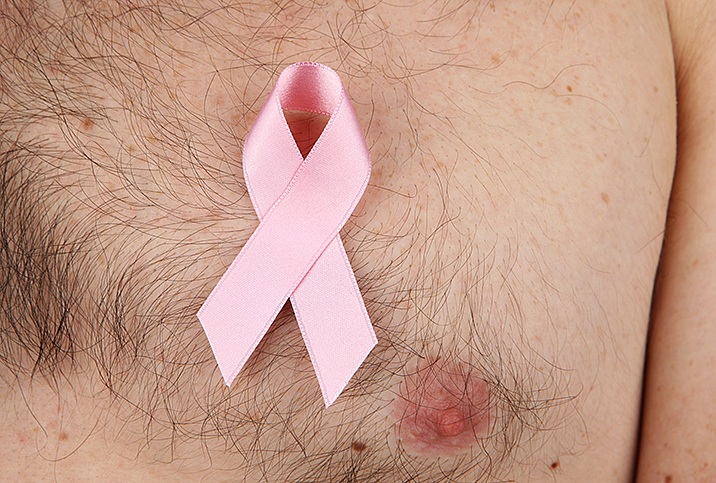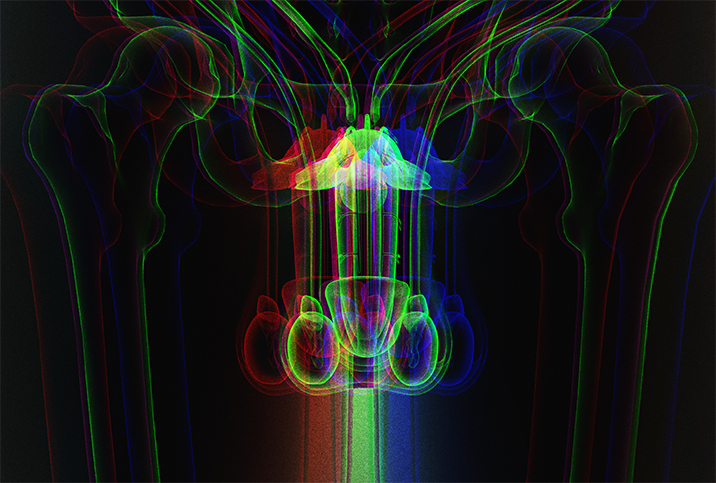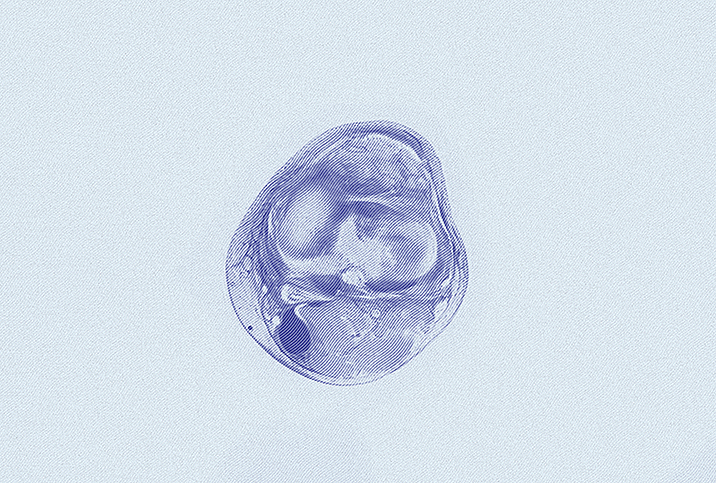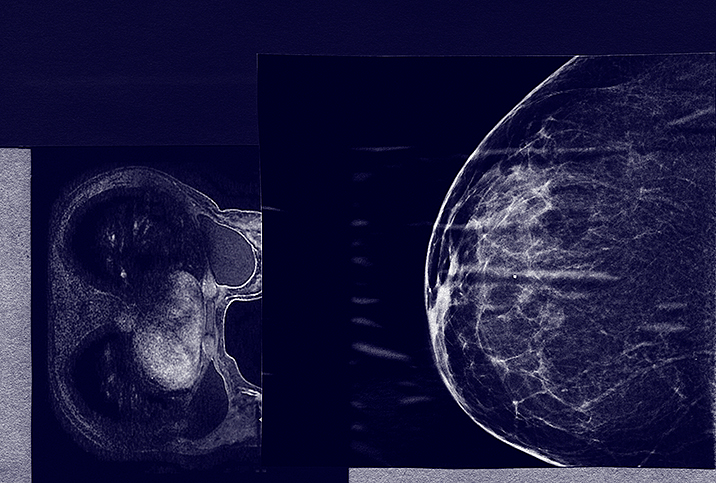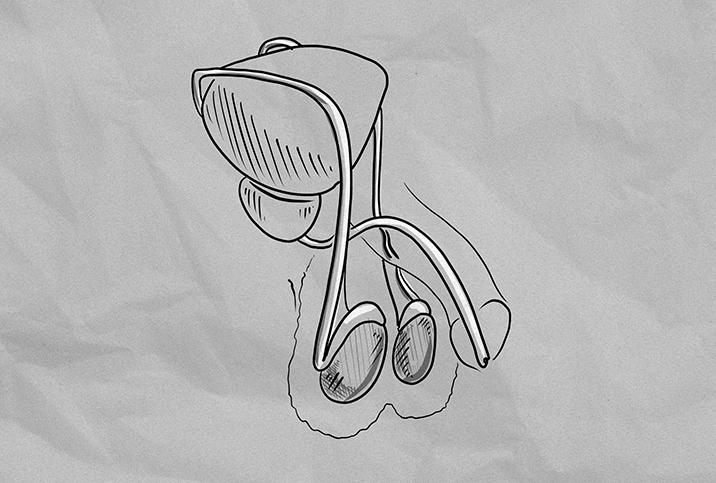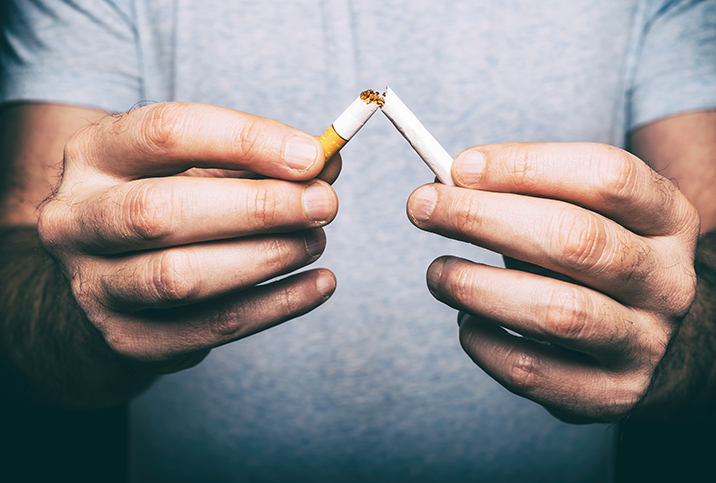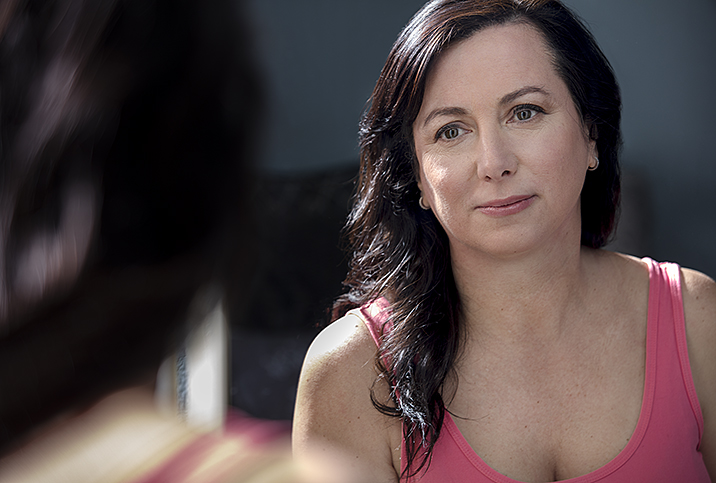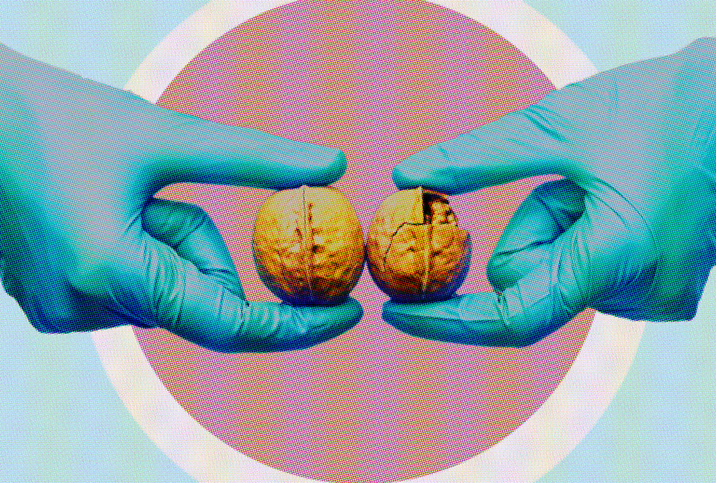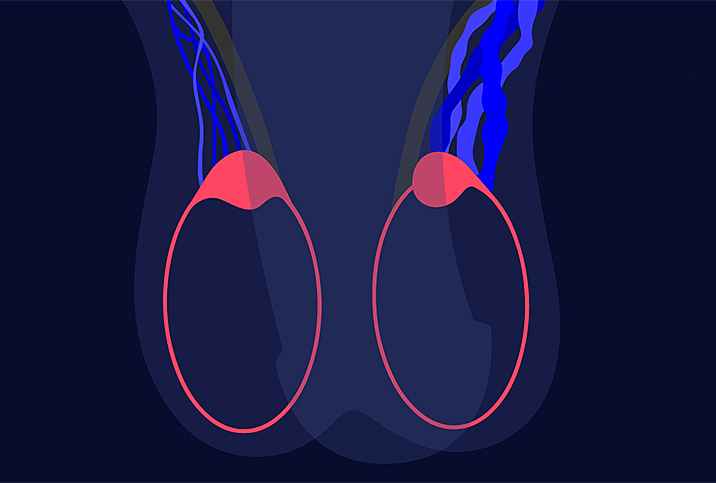Predispositions to testis cancer are few but essential to know, especially for young men.
By David Hopper
How valuable is at-home testing? What are doctors looking for? Let's find out.
By David Hopper
Considering health and longevity, the old maxim isn't wrong: Prevention is better than cure.
By Helen Massy
It's not always a sudden and forceful accident that brings agony to your penis or testicles.
These star-shaped scars on breasts are usually benign, but it's important to rule out cancer.
There's little harm in the DIY approach, but there's also little or no clinical advantage.
By David Hopper
Early detection—no surprise—and a multispecialty effort may help you avoid a penectomy.
Awareness campaigns largely targeted at women are leaving 1 percent of survivors behind.
Reactions to radiation, chemotherapy or surgery vary, so educate yourself about what's coming.
By David Hopper
A urologist can determine whether your swollen scrotum needs treatment, and you have options.
By David Hopper
Recommendations may vary, but starting screening earlier saves lives.
Dear diary, I noticed a lump in my armpit last Monday and today it started itching...
In a catchy awareness campaign, the fashion designer reminds the Netflix characters to TTT.
By Giddy Staff
How TV host Barbarie balances work and parenting after a cancer diagnosis and double mastectomy.
By Giddy Staff
A lump is the most common indicator—self-exams help—but be aware of other signs of the disease.
By David Hopper
Guidelines among medical bodies vary, but testicular self-exams play a role in cancer detection.
The average age at diagnosis is just 33, but the reasons are mostly theoretical at this point.
Regular investigation can be an important part of preventative care.
By Eric Schad
It's more likely to develop in the left breast, and it might not always be a lump.
Here's how to talk with your healthcare provider about the swelling in your scrotum.
Find out what genes and family history have to say when it comes to testicular cancer.
By Eric Schad
Never ignore pain in your penis, because it may indicate a serious underlying problem.
By Sarah Morris
Getting regular penis exams from your doctor is an important part of preventive healthcare.
By Anna Herod
The global perspective challenges Western assumptions on breast cancer care.
By Rachel Crowe
Learn the differences between the two forms of this testicle condition and what you can do.
By David Hopper
Not all lumps in the testicles are created equal. A spermatocele is benign but needs attention.
Updated recommendations have caused some confusion. Here's clarification.
Before assuming the worst about a lump, see what evidence says about cysts and cancer risk.
Your self-exam in the shower is just the first of many possible tests your doctor may recommend.
Surgery. Chemo. Radiation. They're all options. Here's what they might mean to your life.
While mammograms are more common, you do have options for preventive health.
By Lynne Black
Examining your testes regularly may help you detect abnormalities, including testicular cancer.
By Sarah Morris
This common condition in the scrotum can sometimes disguise a more serious genital issue.
A loved one can make a real difference after a man receives a testicular cancer diagnosis.
You don't have to feel helpless—here's how to take action.
Lumps in the breast are completely normal, and learning how to react will reduce stress.
In addition to a lump in the testicles, lesser known symptoms should also get your attention.
By David Hopper
One of the most common cancers in men under age 44, testicular cancer is highly treatable.
By Eric Schad
Nipples come in all shapes, sizes and colors, but changes in appearance could be a warning sign.
By Anna Herod
From medical checkups to lifestyle choices, you balls will thank you for making an effort.
Dense tissue can put women at a higher risk for breast cancer over the course of their lives.
By Anna Herod
Education and routine self-exams are the best practices for long-term health.
By Holly Ellis
As women get older, they may want to reassess how often they get mammogram screenings.
By Anna Herod
More than 27,000 women under age 45 are expected to be diagnosed with breast cancer this year.
Are your breasts high or low density? Here's what you need to know.
A health scare leads a teacher to become an advocate for men's health.
Feeling yourself up is more likely to cause anxiety than deliver a breast cancer diagnosis.
Know how to conduct a regular breast self-exam the right way.
Taking a few minutes to conduct a self-exam of your testicles could be a lifesaving decision.
By Jason Crosby
It’s difficult to detect, but if a varicocele goes unnoticed, serious consequences can occur.
By Jason Crosby








